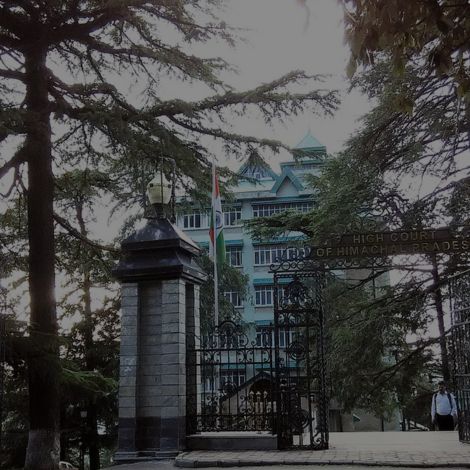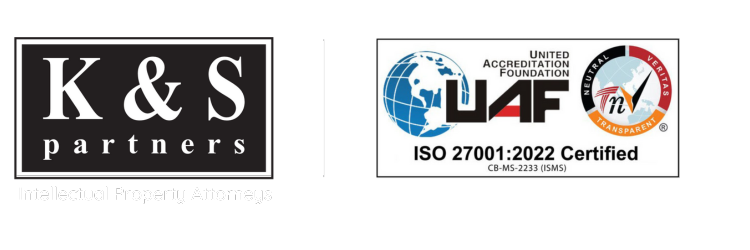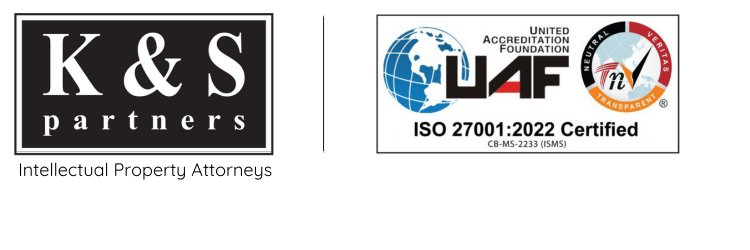
In a recent case, Hygienic Research Institute Private Limited v H.P. State Biodiversity Board and others, the High Court of Himachal Pradesh (Court) held that Indian entities covered under Section 7 of the are not required to seek “prior approval” or to pay the Access and Benefit Sharing Fee (ABS) to the State Biodiversity Board (SBB) for accessing Indian biological resources for commercialization.
The Court disagreed with the 2018 judgement of the High Court of Uttarakhand in Divya Pharmacy v Union of India (Divya Pharmacy), which , adopting a “purposive construction” approach, had held that entities covered under Section 7 of the BDA must take prior approval and pay ABS to the concerned SBB.
In the present case, Hygienic Research Institute Pvt. Ltd. (Hygienic) filed a writ petition before the Court challenging the letters issued by the Himachal Pradesh State Biodiversity Board (HPSBB) demanding a benefit sharing payment of INR 5 Crores (US$ 600,000).
The issues to be decided before the Court were:
- Applicability of ABS provisions: Whether an Indian entity is required to pay ABS fees to an SBB;
- Retrospective application: Whether amendments to the BDA, via the Biological Diversity (Amendment) Act, 2023 (BDA 2023), effective from 1st April 2024, could be applied retrospectively to demands made in 2023; and
- Authority of SBBs: The extent of the power of SBBs to levy fees or taxes without explicit legislative authority.
The Court recognized that under Section 7 of the BDA, Indian companies are only required to provide prior intimation to the SBB and are exempt from the requirements of Section 3 to take prior approval from the SBB. Further, the Court held that Rule 12 of Himachal Pradesh Biodiversity Rules, 2019, allows the HPSBB to grant approvals on prior intimation for access to biological resources but does not explicitly empower it to levy benefit-sharing fees.
Additionally, in light of the recent amendments to the Act in August 2023, which came into effect from April 1, 2024, the Court noted that fiscal provisions, including those imposing taxes or fees, cannot be applied retrospectively without explicit legislative intent. The Court further held that in the absence of express provisions, a delegating authority such as HPSBB cannot impose a tax or fee.
The Court emphasized the need for explicit statutory authority to levy fees and rejected the idea of implied powers based on a purposive interpretation, marking a departure from the approach in the Divya Pharmacy case.
This order provides clarity on the benefit-sharing obligations of Indian entities while commercializing Indian biological resource-based products, and clarifies that the SBBs’ powers to levy fees may be limited, especially in the context of legislative amendments and their intent.

